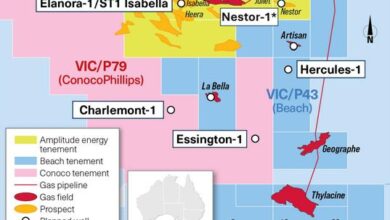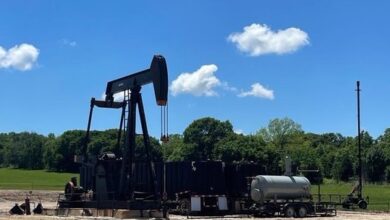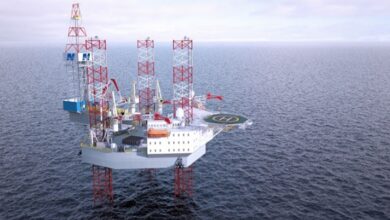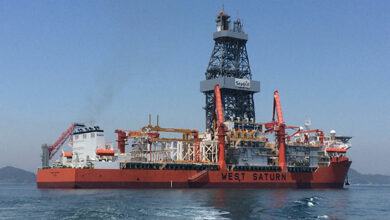Operators reflect on project economics amid downturn, push hard on efficiency, productivity
By Bruce Nichols, Contributing Editor
Operators are using the oil price downturn to improve efficiency and cut costs as they prepare to resume drilling when market conditions improve, hopefully by the end of the year, operator representatives said at the 2015 IADC Drilling Onshore Conference on 14 May in Houston. Denzil West, Vice President of Asset Development for Reliance Energy; Chapman Amend, Drilling Manager at Stonegate Petroleum; and Alan McNally, Vice President, Drilling, Southern Division for Continental Resources, presented their views.
“This hasn’t been a lot of fun the last nine months, but we’ve all been through this before,” Mr West said. Reliance is a privately owned company that focuses on the Midland Basin. “Our message is, let’s just stay focused on what we can control. Let’s see what we can do to cut costs and be more efficient.”
Mr West said Reliance has cut the cost of the average 7,500-ft lateral in the Lower Spraberry from $7.5 million to just under $6 million. Further, fracturing costs are down almost 40% this year.
As for efficiency, Mr West highlighted improved productivity of the company’s Spraberry wells. Wells drilled in 2013 averaged 500,000 bbl of oil equivalent (BOE) of estimated ultimate recovery (EUR), but wells drilled in 2014 averaged EURs of 600,000 BOE and are now exceeding 700,000 OBE EUR. He attributed the improvement to using more sand and water in fracturing, as well as optimized perf spacing.
Reliance is preparing to resume drilling if oil prices reach the mid-$60 range, Mr West said. The company had laid down all six of its rigs by the end of February but hopes to have two running again by early next year, he said.
Mr Amend said Houston-based Stonegate, a private-equity-backed company working in the Eagle Ford, also hopes to resume drilling by late Q3 or early Q4. The company is using the downturn to re-analyze project economics in order to focus its resources only on the best ones.
“Smart operators will take this time to really reflect. We have a ton of data at our fingertips that we haven’t had time to sift through. We’re going to go back through and re-rank all these projects and come out with a disciplined drilling program,” Mr Amend said.
McNally, who oversees the South Central Oklahoma Oil Province (SCOOP) and Northwest Cana plays for publicly traded, Oklahoma City-based Continental, said he aims to cut well costs 15%. Already, he has seen 7,500-ft Woodford laterals fall to $10.4 million from $12.2 million at the end of 2014.
But he said the SCOOP, which includes the Woodford and Springer plays, offers uniquely difficult challenges, and operators need service providers to deliver tailored equipment and new methods to advance its development.
“We need area-specific technology focused on the SCOOP to reach those efficiencies that the Bakken, the Eagle Ford and Permian are exploring right now,” Mr McNally told the audience. “I want you to call me to talk about technology. Help me get there.”




